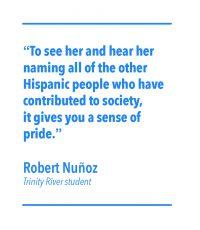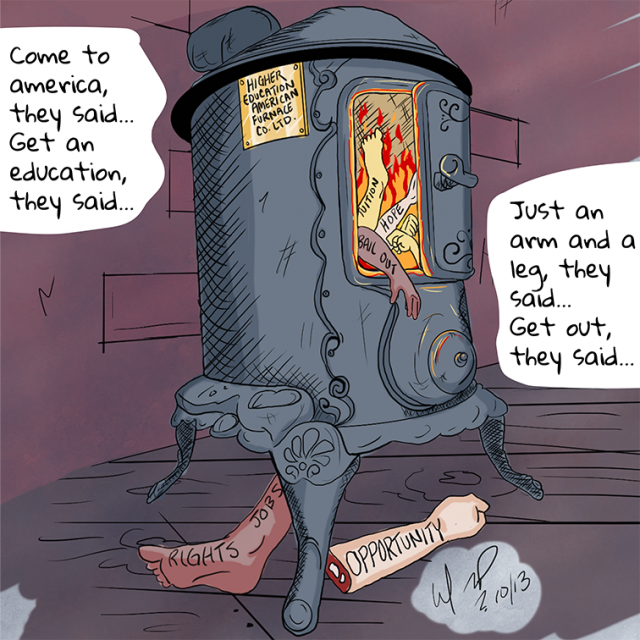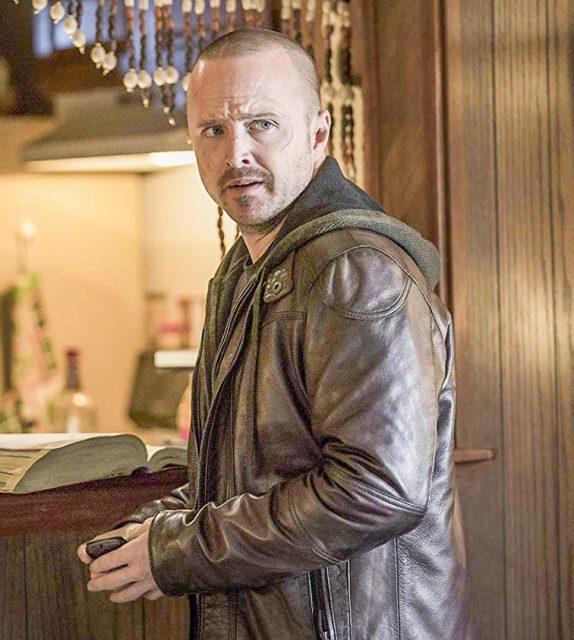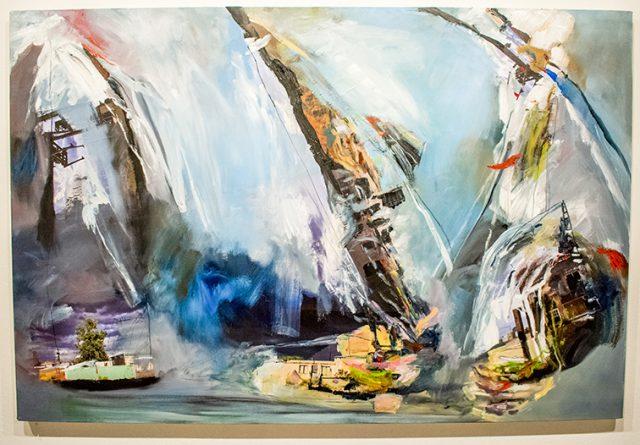| October 16, 2019 | Miloš Bukarica | reporter |
|---|
 As part of Hispanic Heritage Month, NASA aerospace engineer Rosa Obregon spoke to students about her life story and how the Hispanic community has contributed to the sciences.
As part of Hispanic Heritage Month, NASA aerospace engineer Rosa Obregon spoke to students about her life story and how the Hispanic community has contributed to the sciences.
The native Texan now works for the Johnson Space Center in Houston as a systems engineer and gives talks nationwide to young adults who would want to enter the field.
“Obstacles will occur,” Obregon said. “It’s about overcoming them to reach your goal,”
She knew early on that she wanted a career in the sciences and applied herself to get the best education possible. She ended up in the gifted and talented program through middle school.
Obregon continued to take all honors classes throughout high school, all the time aware of other students at the school only took one or two honors classes.
“There was such a big fear of failure,” she said. “That did not make sense to me.”
During her freshman year of high school, Obregon discovered that there were no colleges in Corpus Christi that offered a chemistry or physics degree and that her parents were unable to pay for out-of-state tuition.
“In my culture, I was not supposed to leave the house until I was married,” Obregon said. “But I was going away to college anyway.”
She ended up attending the prestigious Massachusetts Institute of Technology.
MIT was the first time that Obregon had struggled in school. She received a scholarship from the Society of Mexican American Engineers and Scientists to cover her tuition, but there was still a matter of housing.
“By the time I graduated, I had three part-time jobs so my parents didn’t have to pay for my dorm,” Obregon said.
Obregon was offered a job at NASA during her senior year and started at the John C. Stennis Space Center in Mississippi. The job was a major challenge as deadlines were strict and sixteen-hour days were normal.
“The key is not to feel defeated before you start and to ask for help when you need it,” she said.
Becoming NASA’s first Latina test conductor was not easy.
The first few tests that Obregon ran went smoothly, but that did not last forever. During one of the rocket engine tests, something went awry and a huge fireball formed behind the engine.
Luckily, no one was hurt. Obregon said she was shaken up by the experience, but she did not let it get to her.
“I was not going to let my first bad day keep me down. I was going to fight myself, and be ready to be in the hot seat again,” she said.
Marquel Jones, a TR nursing student, asked if NASA needed any nurses.
“NASA needs all kinds of people,” Obregon said. “We actually have flight surgeons that monitor the health of the astronauts before and after their trips.”
The students enjoyed the event, and Obregon kept it entertaining as she showed off her work with the space shuttle while she told her story.
“It gives you a small sense of pride,” TR student Robert Nuñoz said. “To see her and hear her naming all of the other Hispanic people who have contributed to society, it gives you a sense of pride.”


































